Kerala Electric Vehicle Policy 2019 Draft
"Embrace electric mobility as a tool to promote shared
mobility and clean transportation while also ensuring environmental
sustainability, pollution reduction, energy efficiency, and conservation, as
well as creating an ecosystem for EV component manufacturing in Kerala."
Kerala EV Policy Highlights
·
Key
focus on growing internal manufacturing ecosystem, thereby shifting from an import-dependent ecosystem to a consumption-driven economy.
·
Attracting
the vehicle owners to shift to shared mobility.
·
Time
of the Day (ToD) tariff will be made applicable for all Public Charging
Stations (PCS), Bulk Charging Stations (BCS) and all charging infrastructures
having Connected Load / Contract Demand above a specific limit.
·
ToD
tariff is expected to diversify the consumption behaviors of the consumer as
differential tariffs will be charged between the peak and off-peak hours.
·
20
PCS/BCS each and 150 swapping outlets for 2/3 Wheelers shall be set up in the
initial pilot districts in Thiruvananthapuram, Ernakulam, and Kozhikode by
KSEBL
·
In
major cities, charging stations are to be made available in a grid of 3 kmx3
km. On Highways and Major Roads, it is to be at every 25 km.
|
Types of Vehicles |
Approx. Annual Registrations |
Target by 2020 |
Remarks |
|
2-Wheelers |
6,00,000 |
2,00,000 |
33% of New Registrations have to be EV |
|
3-Wheelers |
23,000 |
50,000 |
Will need Significant conversion of the existing fleet |
|
Buses |
6000 |
3000 |
50% of New Registrations have to be
Electric Buses |
|
Goods Carriers |
17,000 |
1000 |
A Small share of New Registrations |
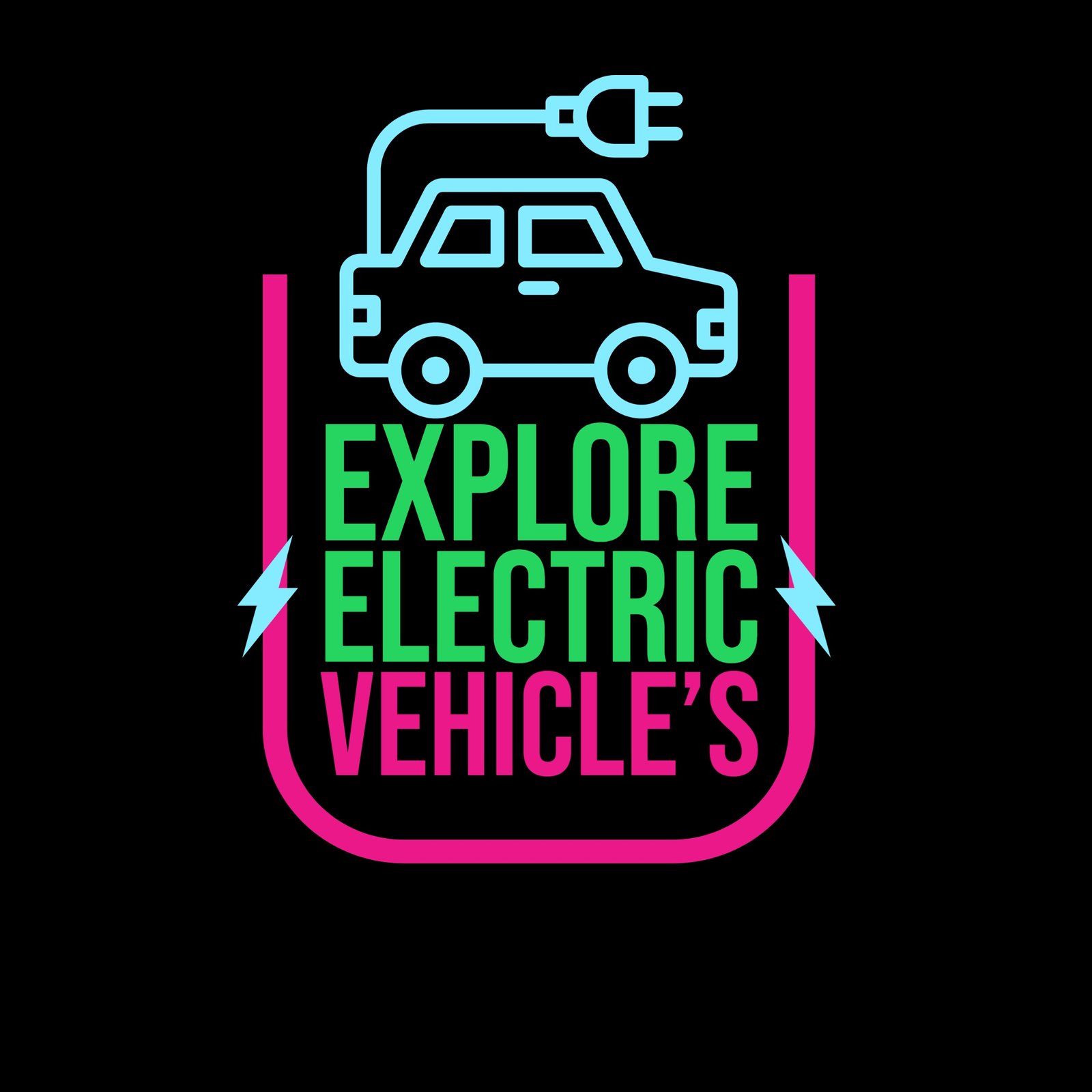
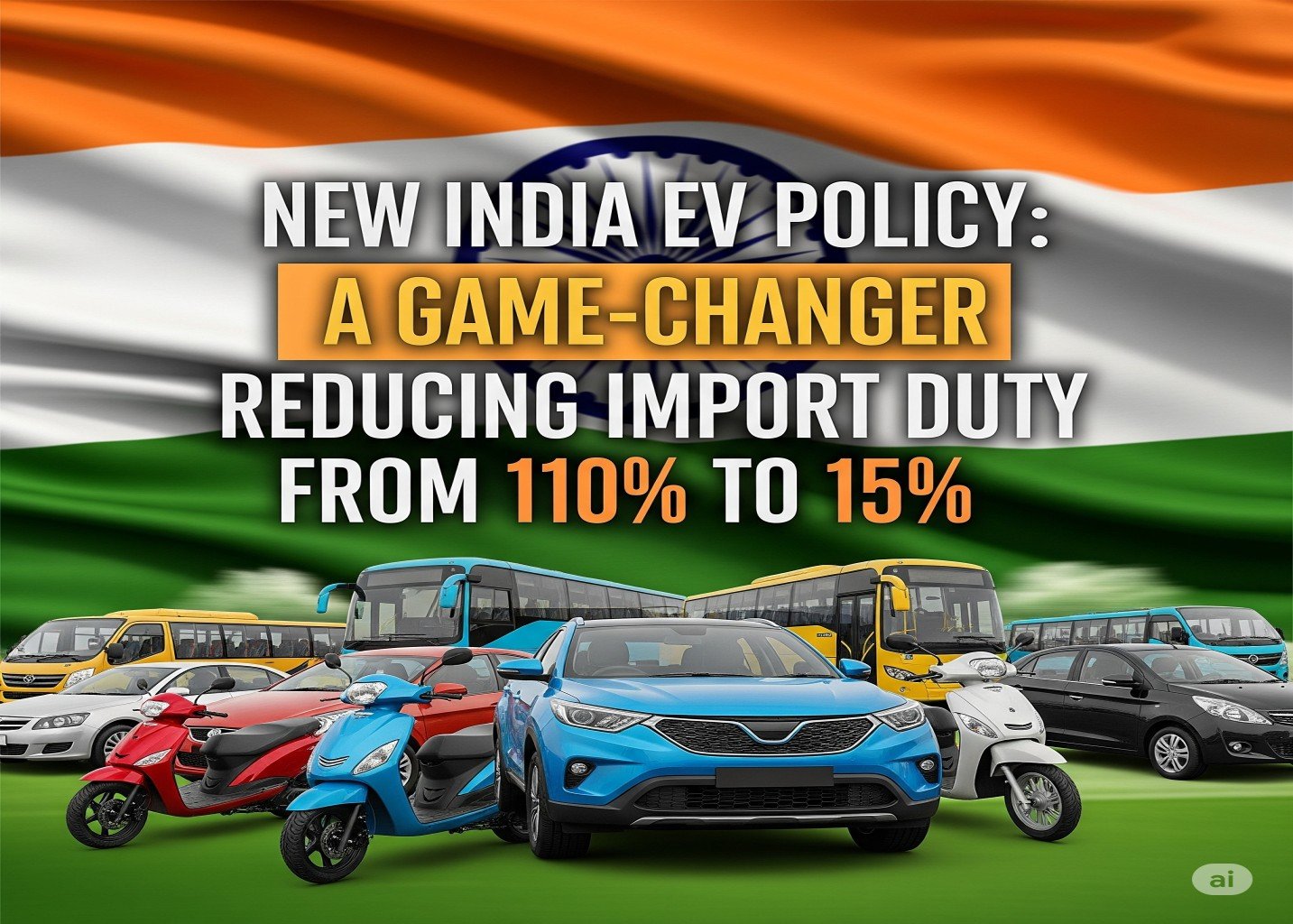
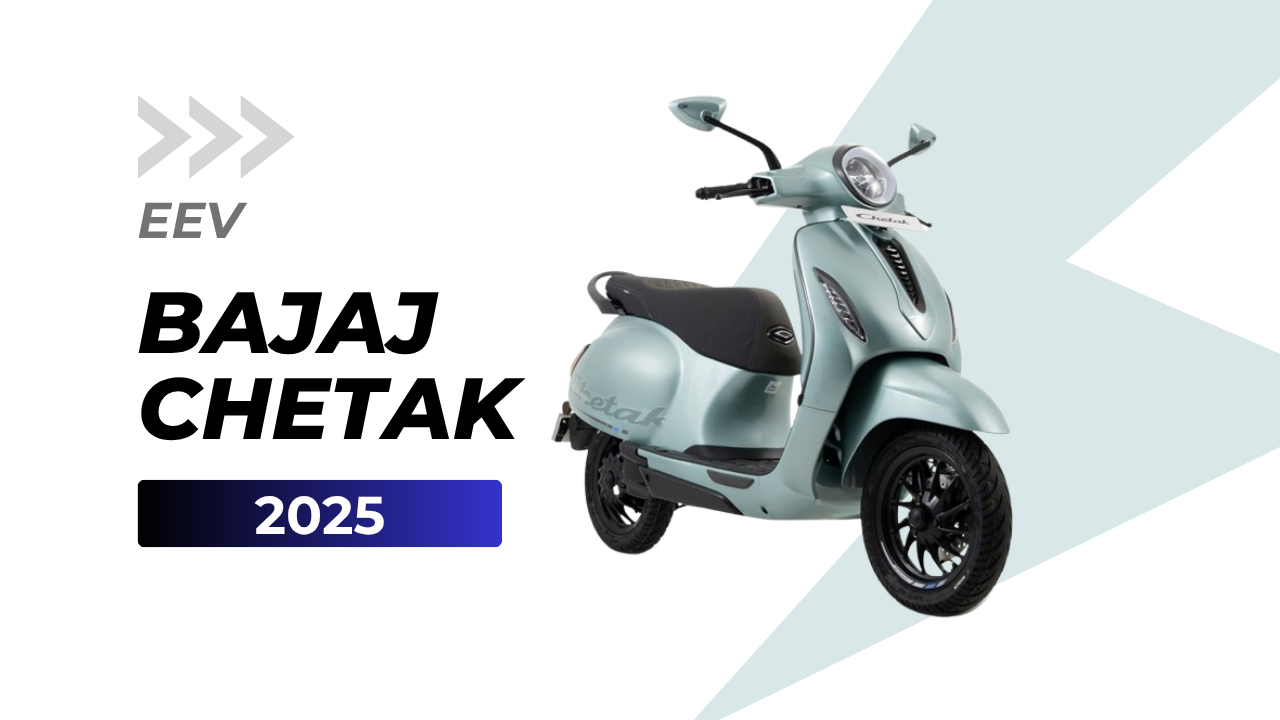
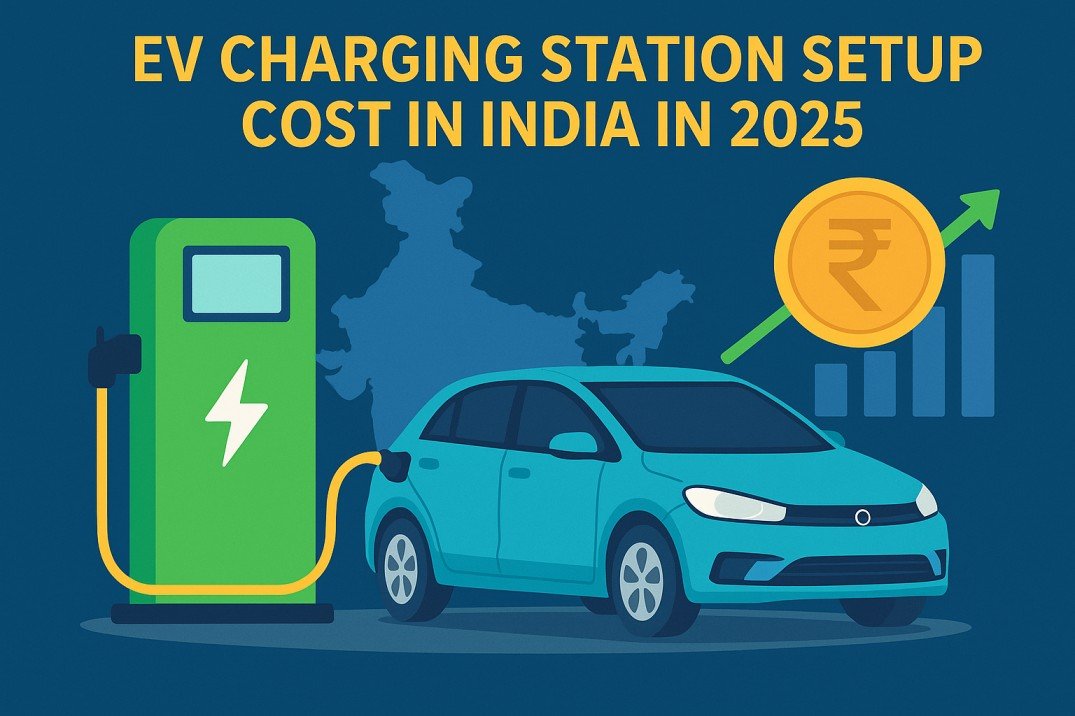


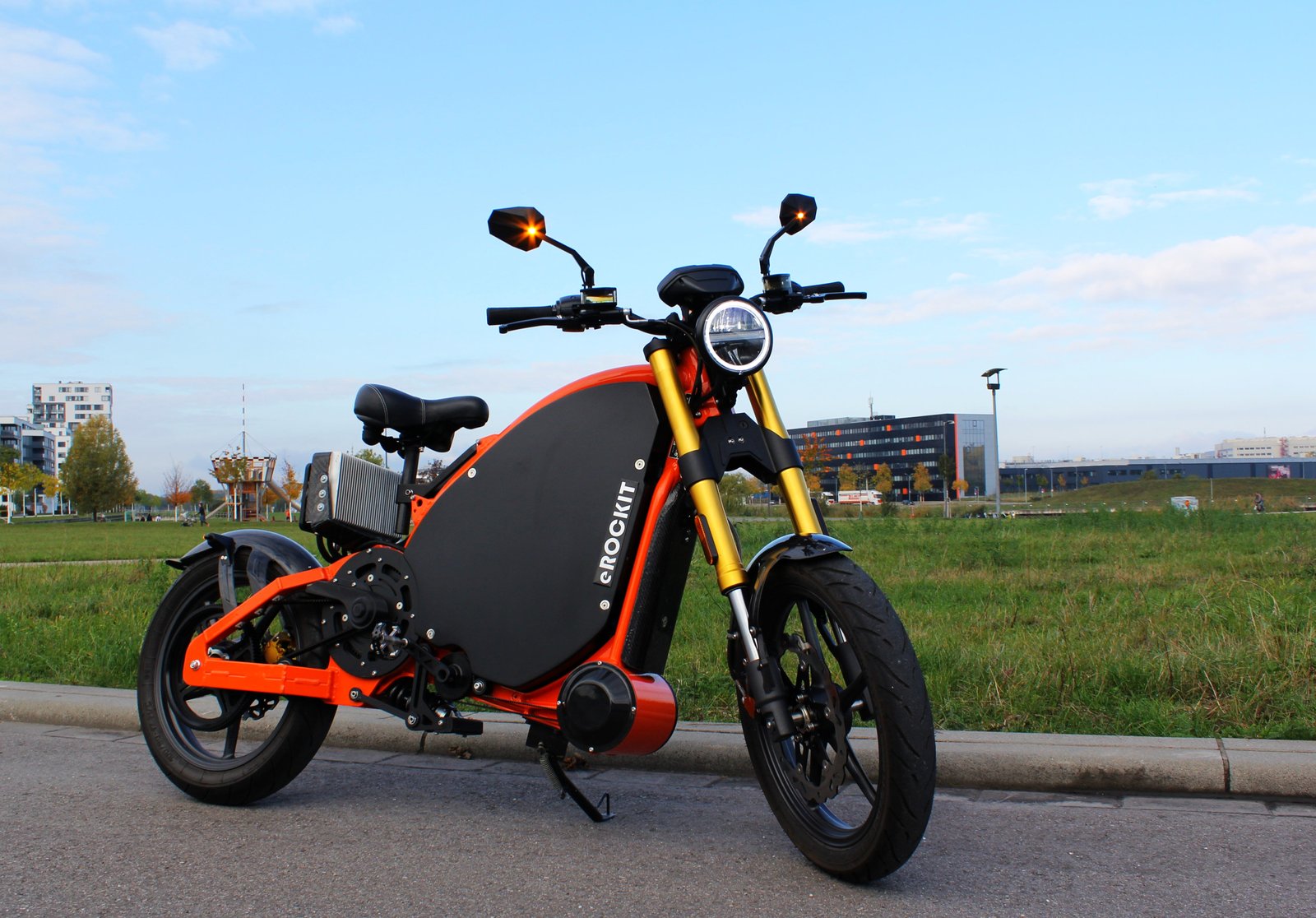

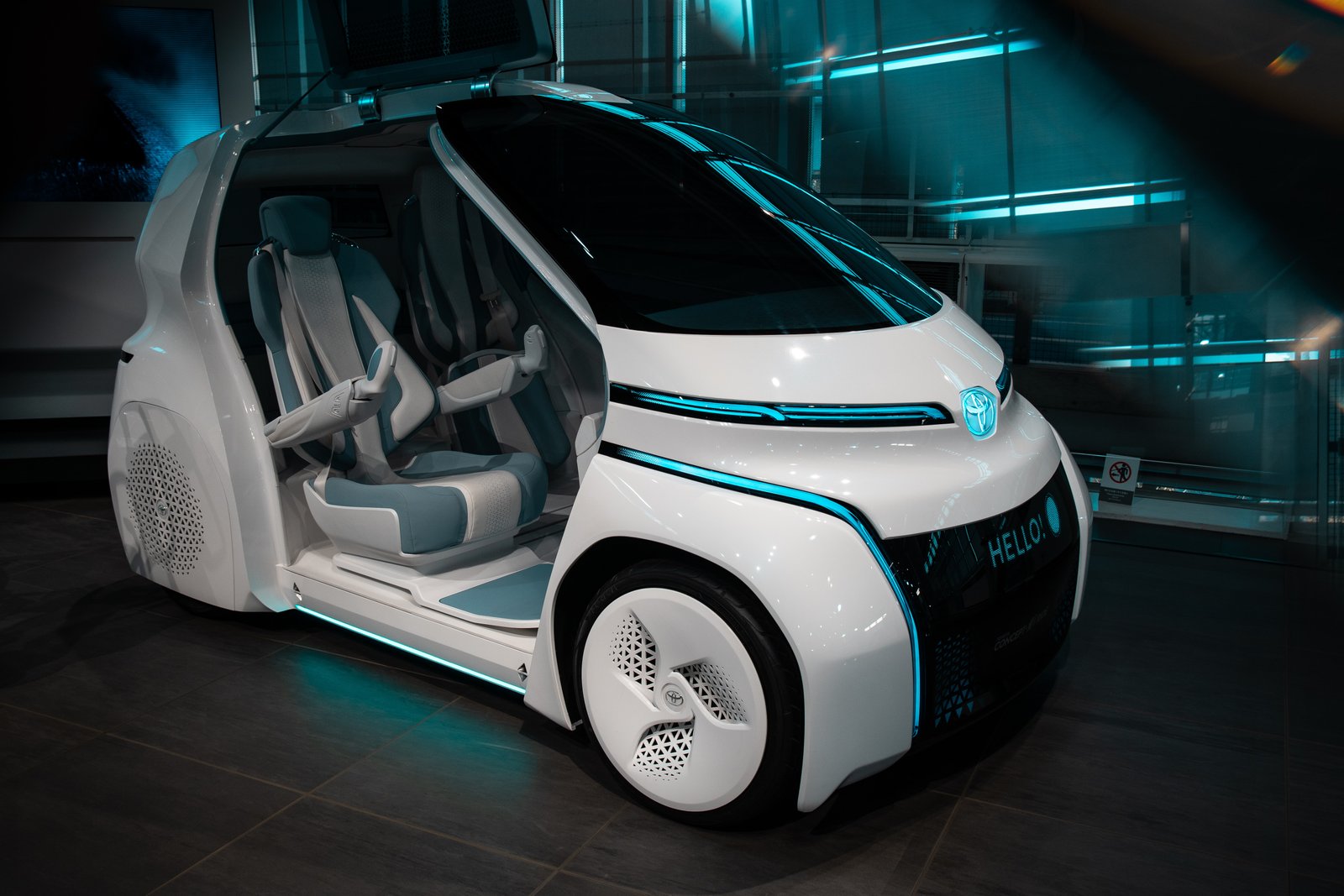

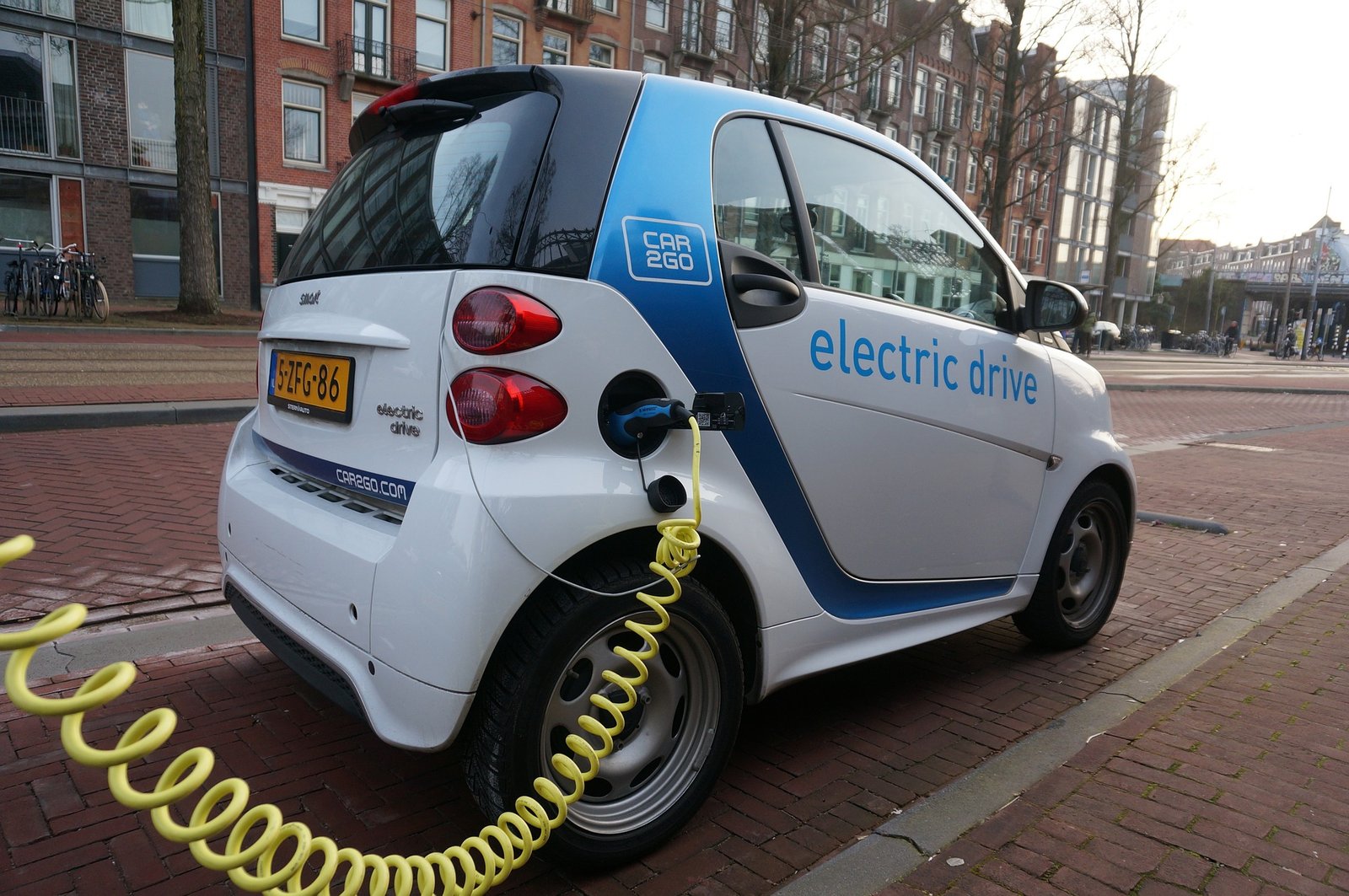

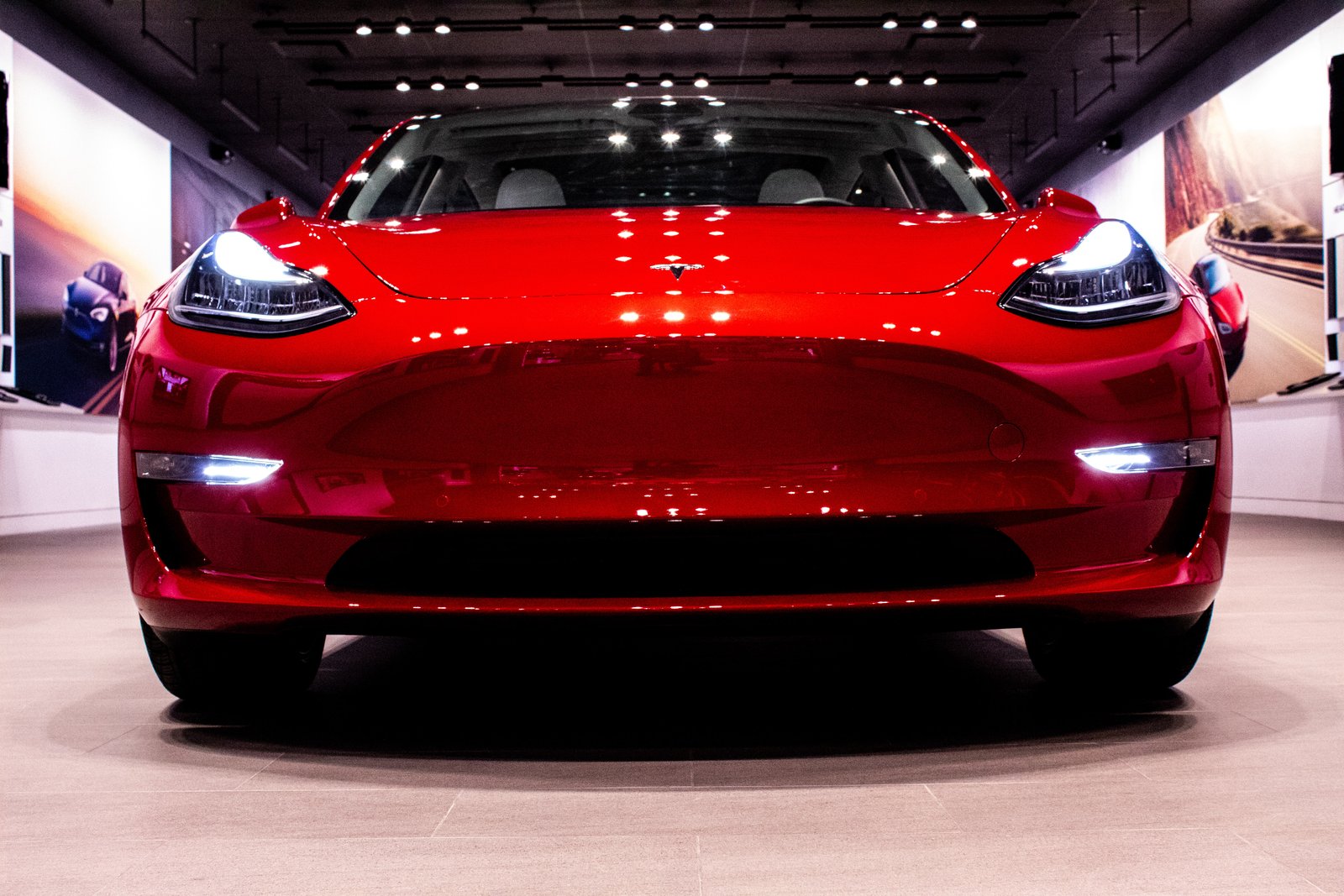
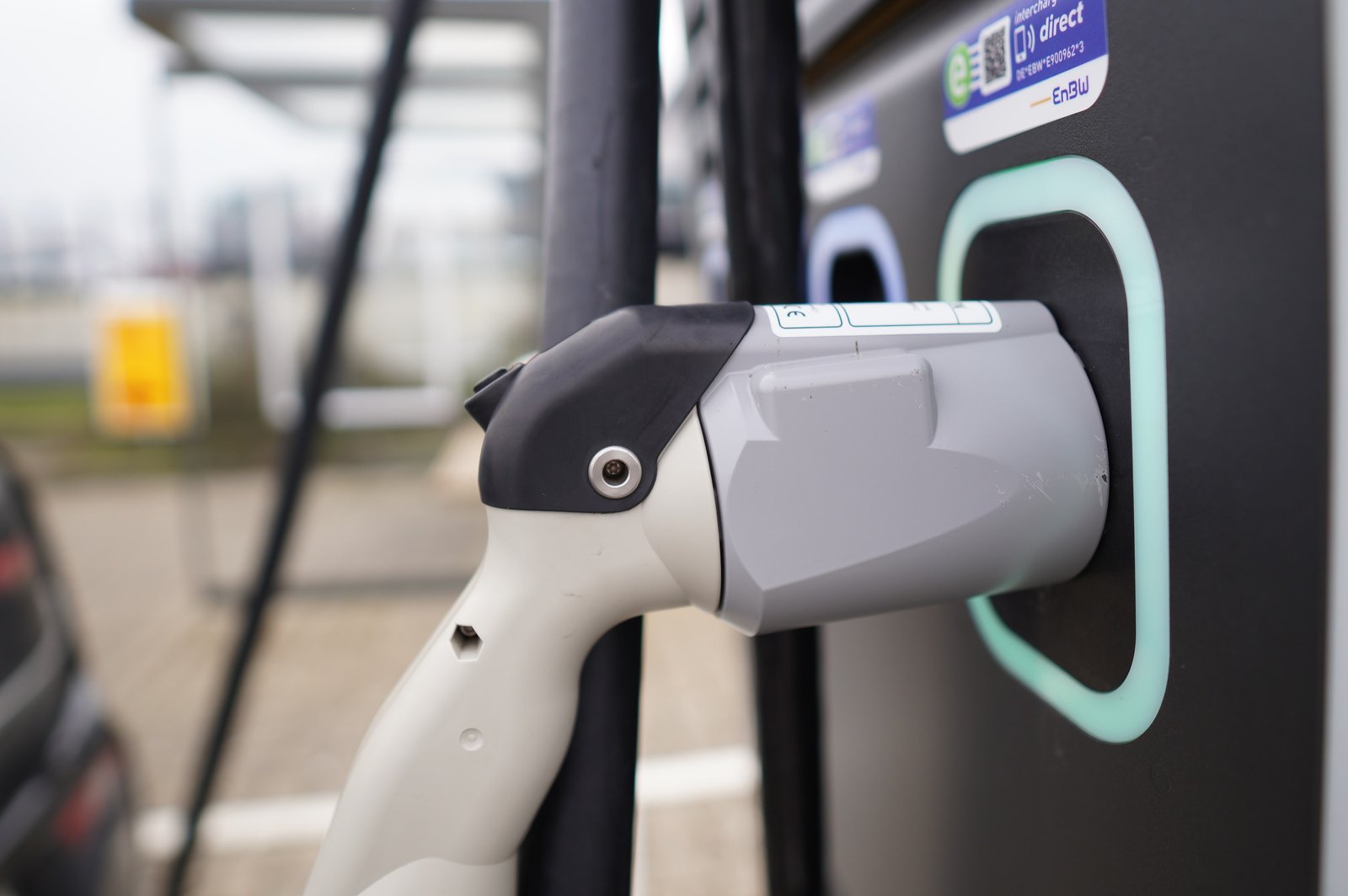
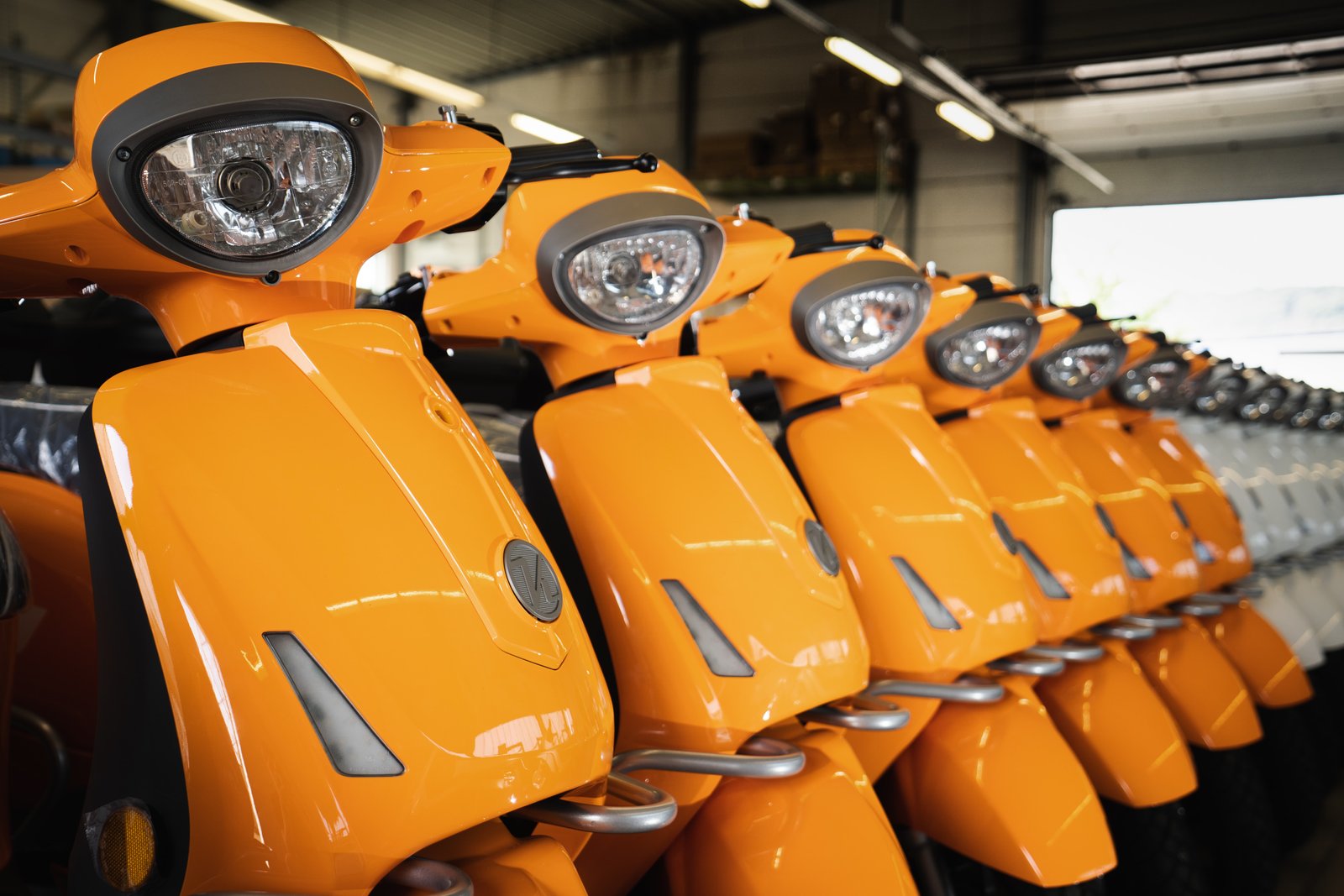
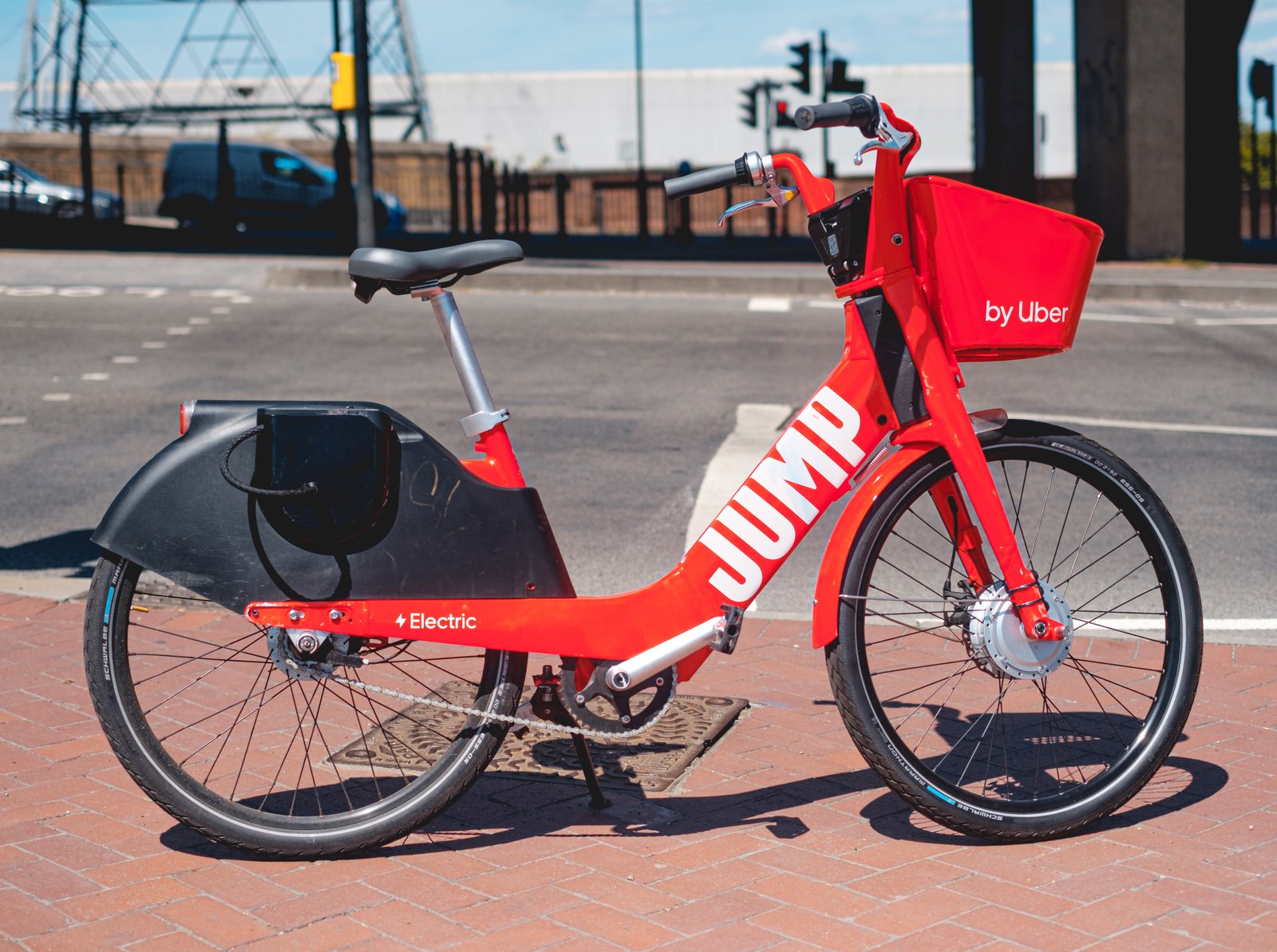
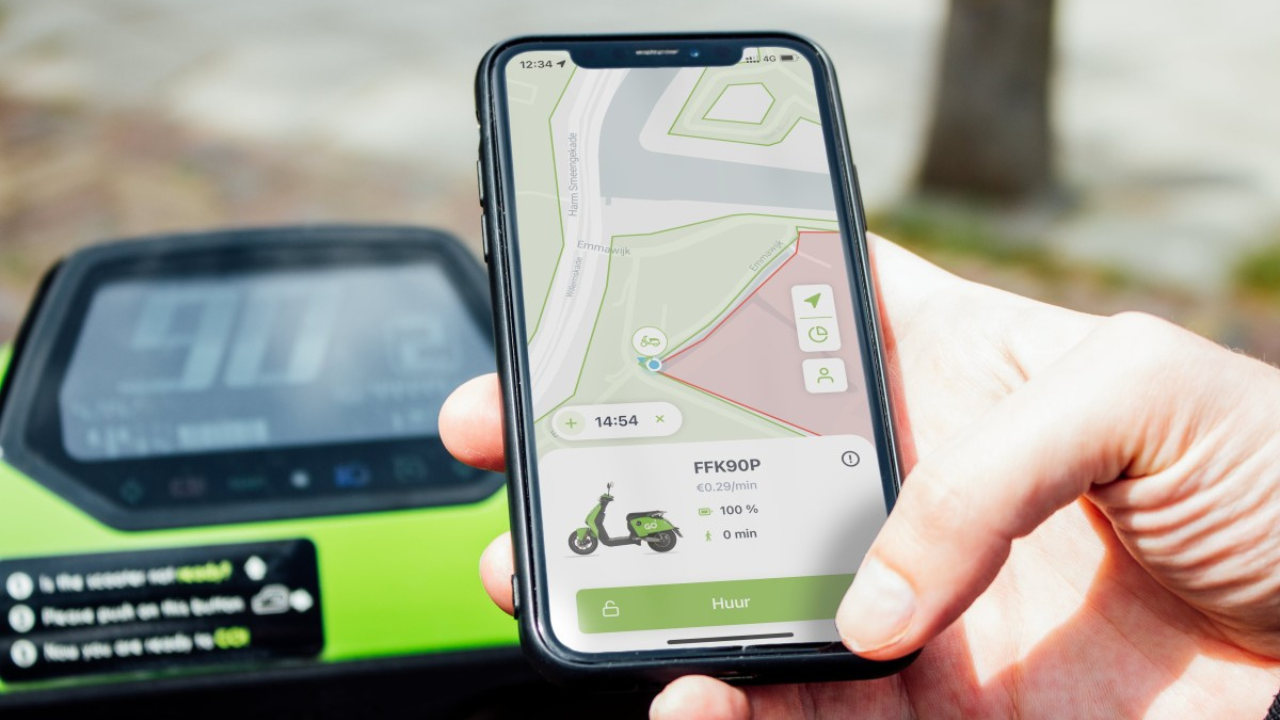
Leave a Comment